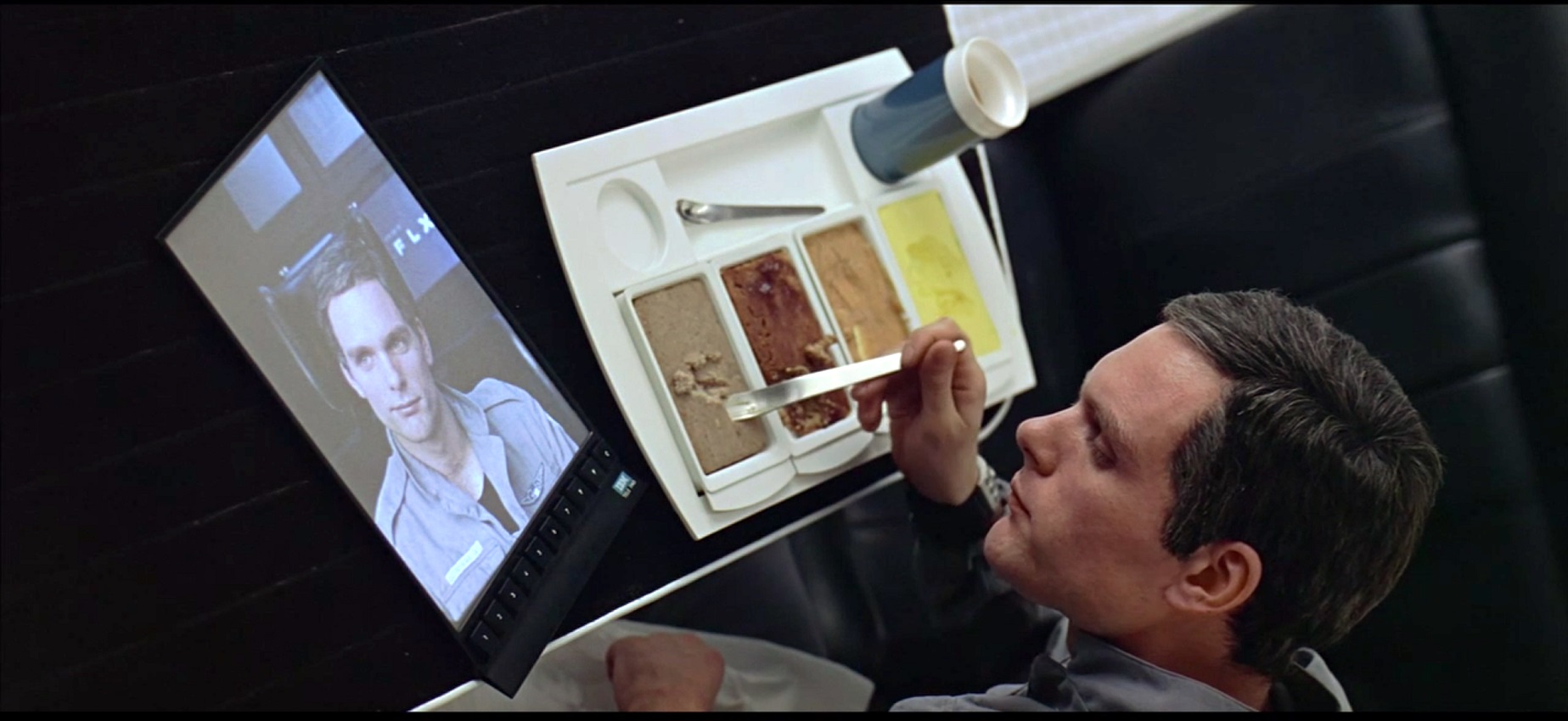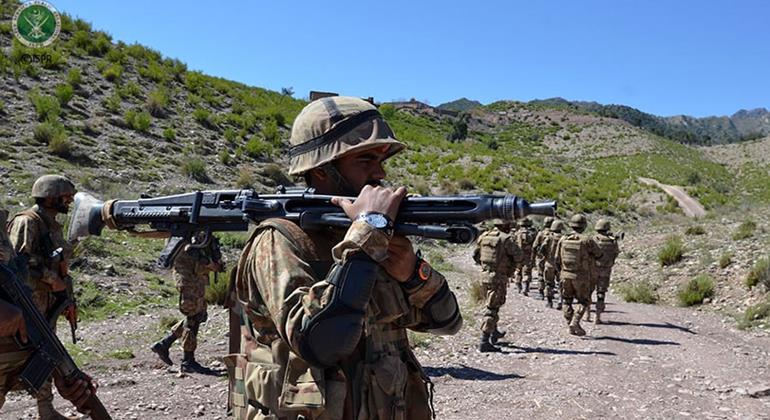
by Meekaeel Siphambili -- Gaborone, Botswana: Botswana’s successful development story is only on the surface; deep down prevalence of corruption in many forms, leading to major costly risks and challenges is the order of the day.
Kabelo Ebineng, permanent secretary in the Botswana ministry of transport and communications says money is wasted on tendered government projects and does not reflect on the work done, the quality of work is not impressive or up to the standards.
The permanent secretary was addressing stakeholder consultations, roads sector contractors in Gaborone.
“The ministry of transport and communications is losing large amounts of money in development projects. The loses due to delayed project implementation, late project delivery and extra not budgeted costs”, says Kabelo Ebineng.
Kabelo Ebineng sited a lot of shortcoming which he said were impacting negatively in Botswana’s development. He blamed the construction industry for not being strategically organized and having no allowance for oversight when doing business with the government.
“I have a lot of questions on this matter, are the specifications inconsistent or inadequate or lacking engineering ingredients to meet the employer (Botswana government)’s needs? Is our infrastructure constructed always to robust standards? What I know is there is no equitable risk sharing and the government always pays for the constructor’s shortcoming”
Government projects not completed have accumulated high costs and a total of twenty-five projects resulted in cost overruns of more than 705 billion Pula whereas the budgeted amounted was only 3.1 billion Pula.
Kabelo Ebineng says the Botswana government is working on ways to ensure there is no bleeding of funds through unjustified processes, poor management whether by ministry or its contracted partners.
“All parties must come up with innovative solutions that can significantly improve the operational situations and results. All parties must work together to ensure that the built infrastructure serves its purpose and there is a return on investment” says permanent secretary
Kabelo Ebineng says the Botswana government will establish a Programme Management Office to curb the existing problems and the dire bleeding of government funds.
“To bridge the gap before the establishment of the long term Programme Management Office through the assistance of the British Government, the Botswana ministry of transport and communications is in the process of engaging a consultant for an interim Project Management Office by April 2018. The expression of interest to bidders is intended for international companies only to enhance capacity to better management of projects or stricter supervision”
The permanent secretary says he anticipates better outcomes from the ProgrammeManagement Office which will reduce costs overruns, lead to timely completion of projects, better quality product output and promotion of equity in job allocation with the use of end of activity report.
Many local construction industry representatives blamed the Botswana government officers for corrupt practices in job allocations. Allocations of works has in the past always been a major concern in Botswana with many construction projects not complete or with major malfunctions, the controversial Morupule B electricity plant is a good example. The problem riddled plant was built by China National Electric Equipment Corporation (CNEEC), then China Machinery Engineering Corporation (CMEC) has submitted an offer to buy the 600MW Morupule B power station from the Botswana Power Corporation (BPC).CMEC is the sister company to the Chinese firm that built the trouble-ridden plant in 2012, China National Electric Equipment Corporation (CNEEC).The power station was constructed at a cost of $970 million.
Many other tenders awarded to Chinese construction companies have proved to not worth the money used to construct them. A sewage water treatment plant in the Gaborone has not worked after being constructed by a Chinese company and a Water Utilities Corporation building in the village of Serowe had to be demolished before it being used. The construction costs of the building were several million but it developed cracks before occupation.
Onkokame Kitso Mokaila also addressed construction companies and warned all the stakeholders that there won’t be any mercy from the government if any government office or any company is caught involved in any form of corrupt practices. However he did not deny the prevalence of corruption in his ministry.
Kabelo Ebineng concluded with that he will make sure that construction companies and his ministry work together and mutually benefit while working in the public interest.
“We must openly share ideas on how we can best achieve our goals; we must share the risks if we expect to properly gain. Let’s continually engage towards adherence to attaining good construction standards in a cost effective manner. We should speak when we are short-charged and share the workload and not overburden some while others are idling”, said Kabelo Ebineng





